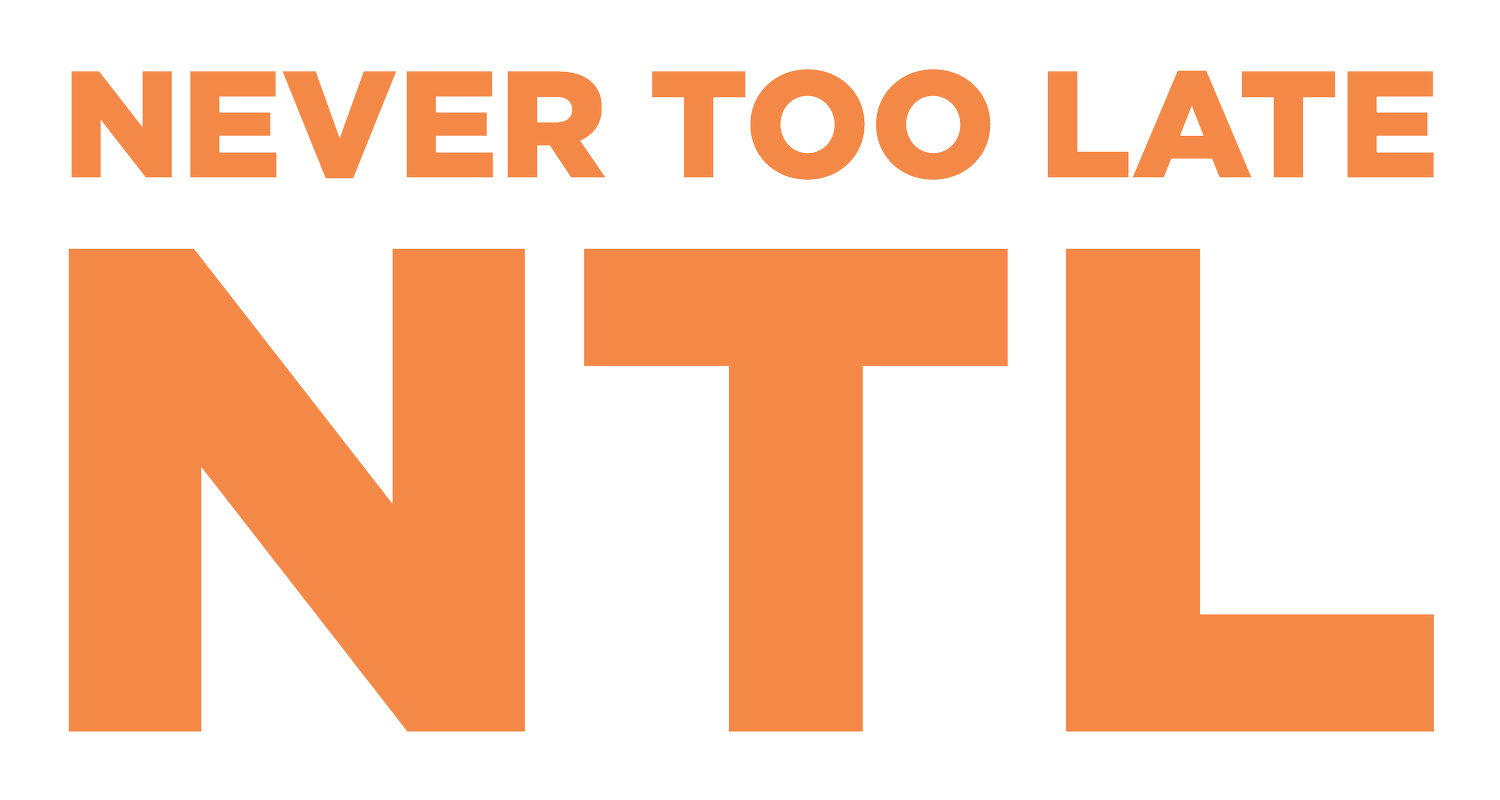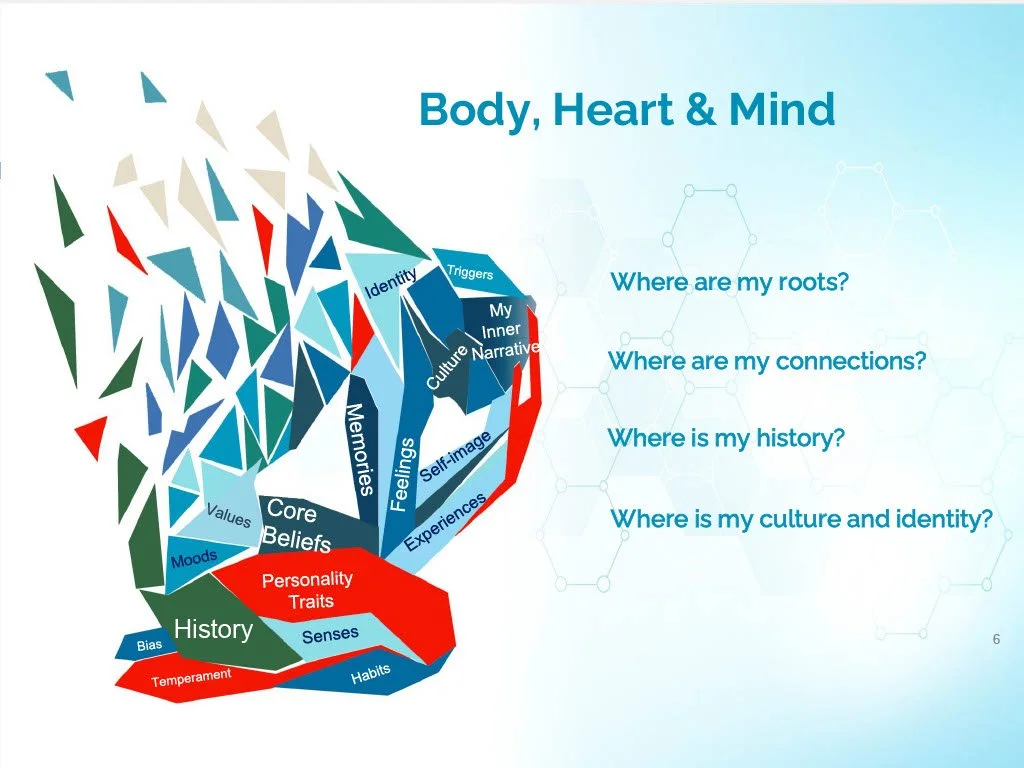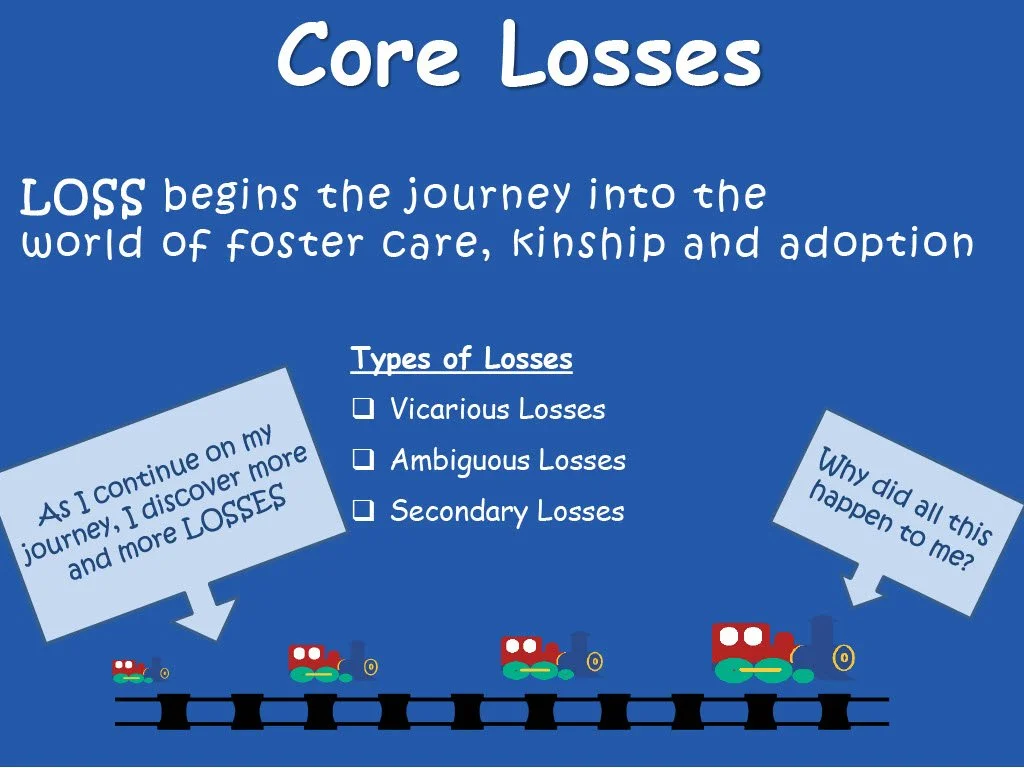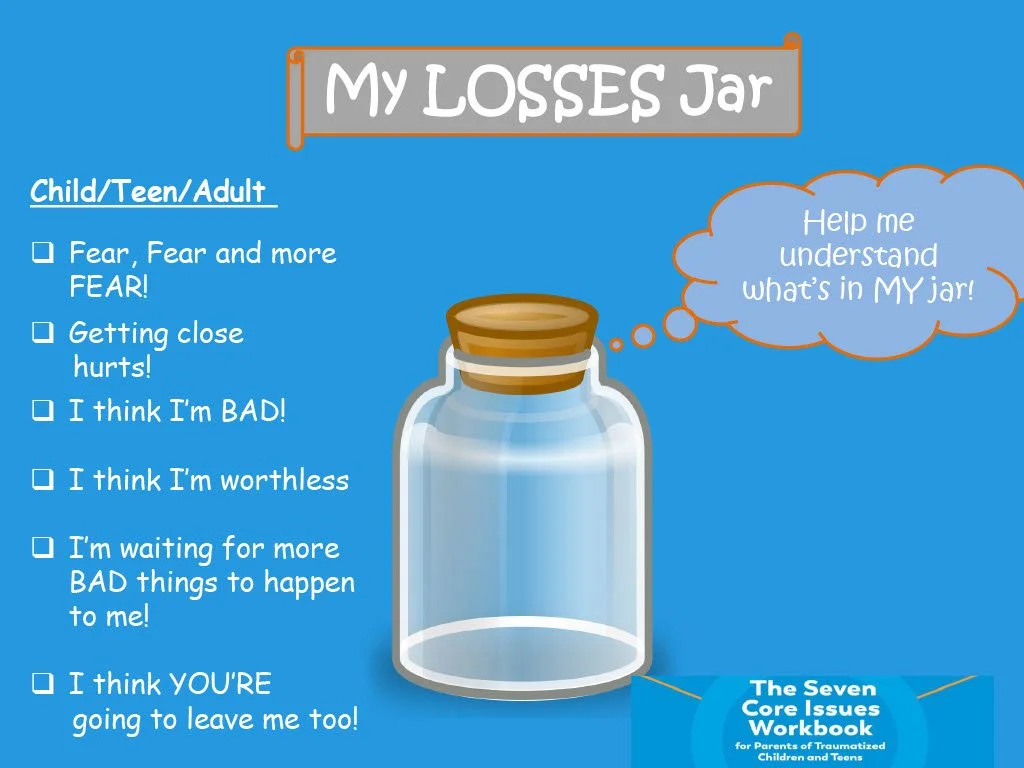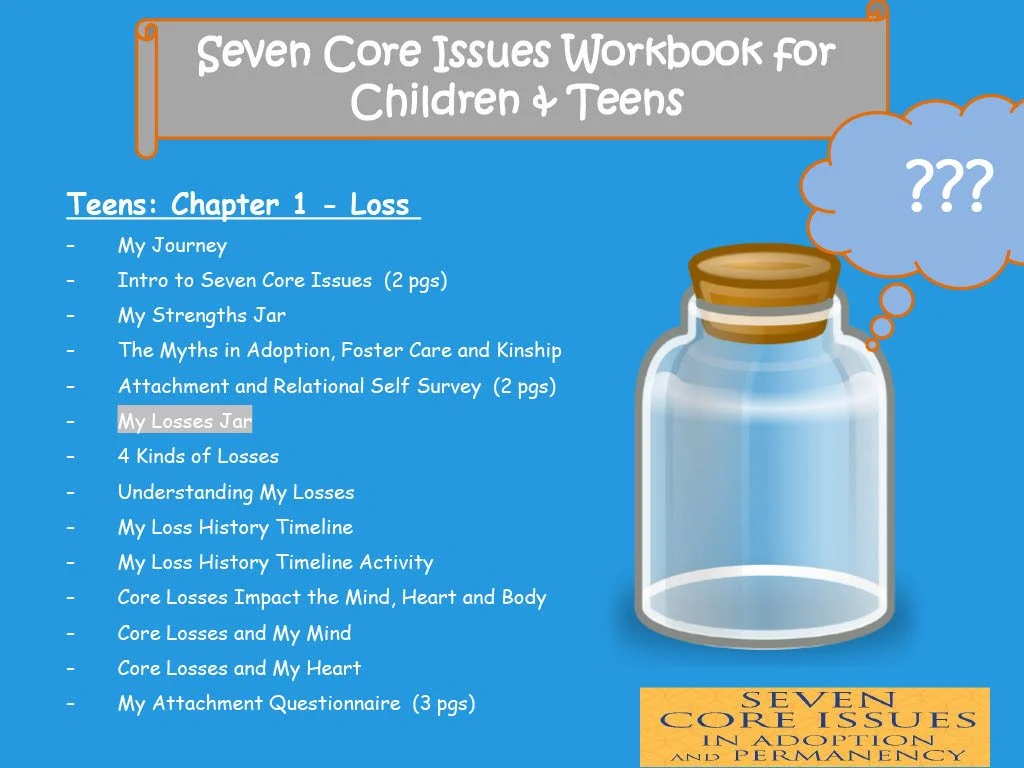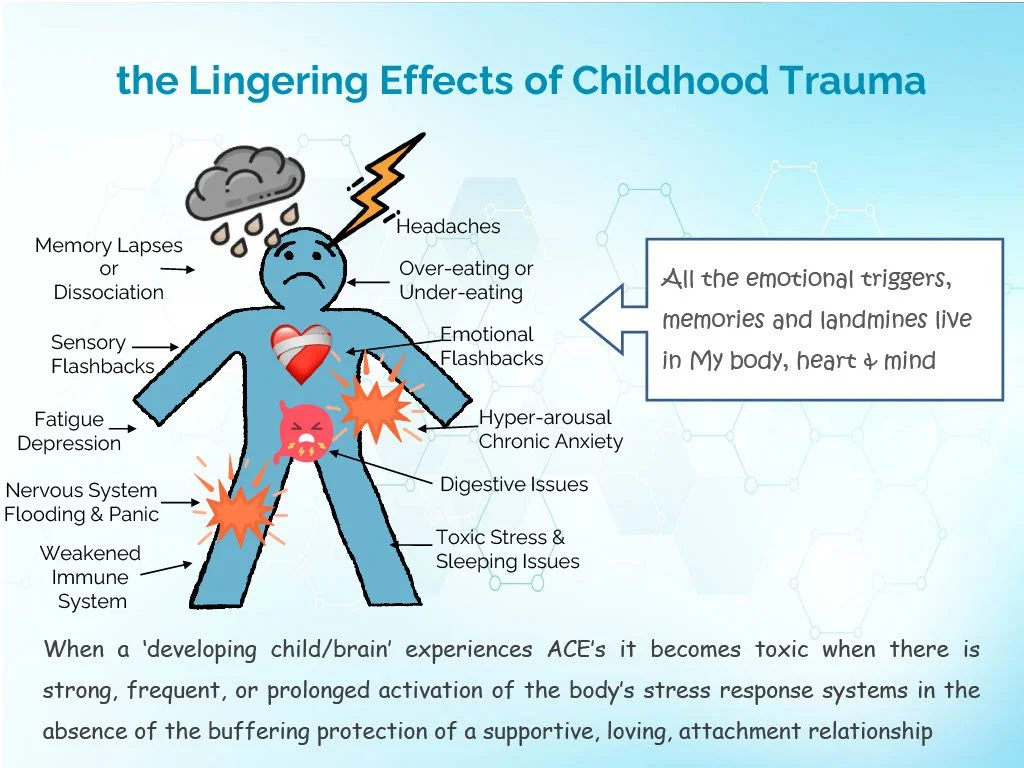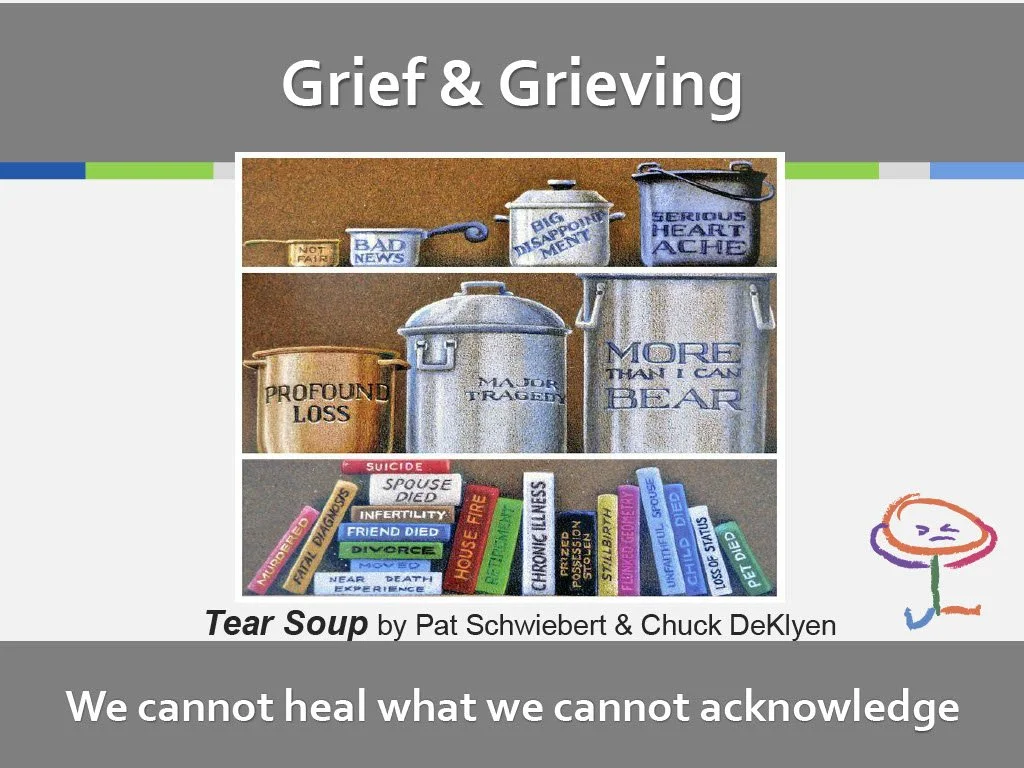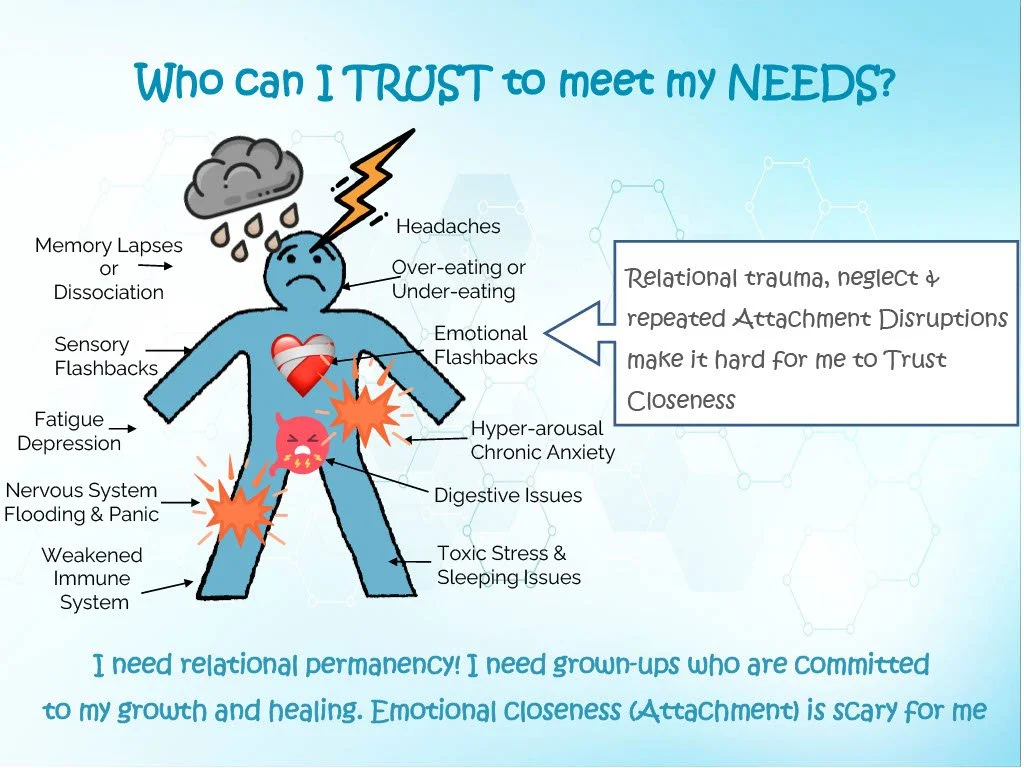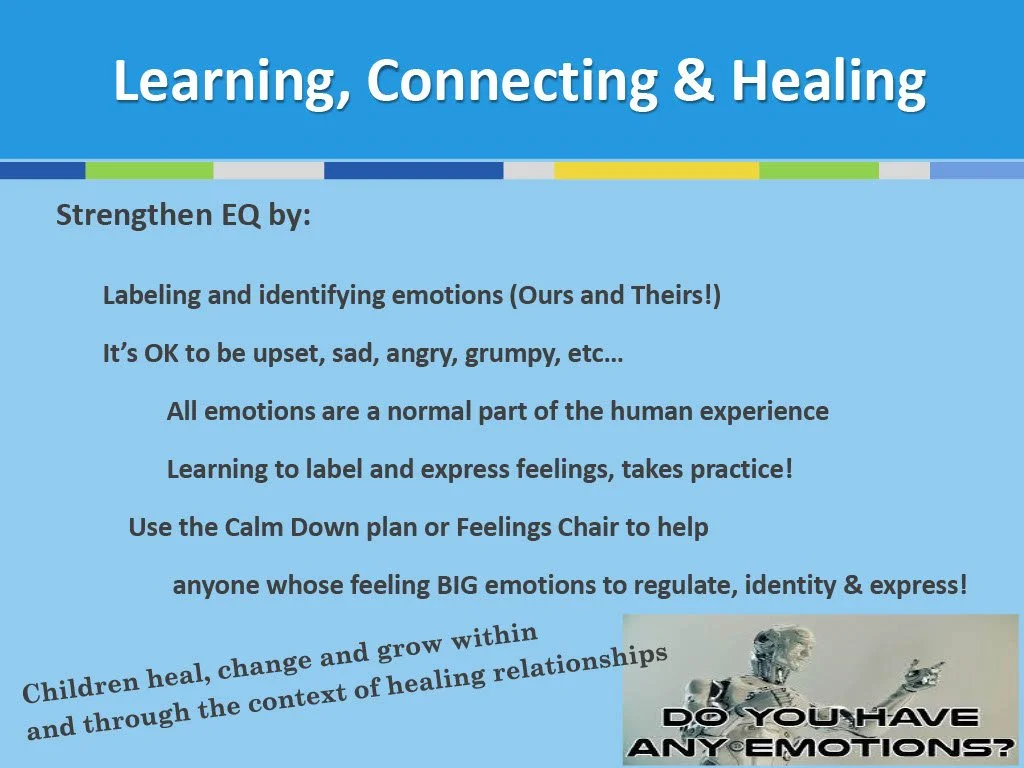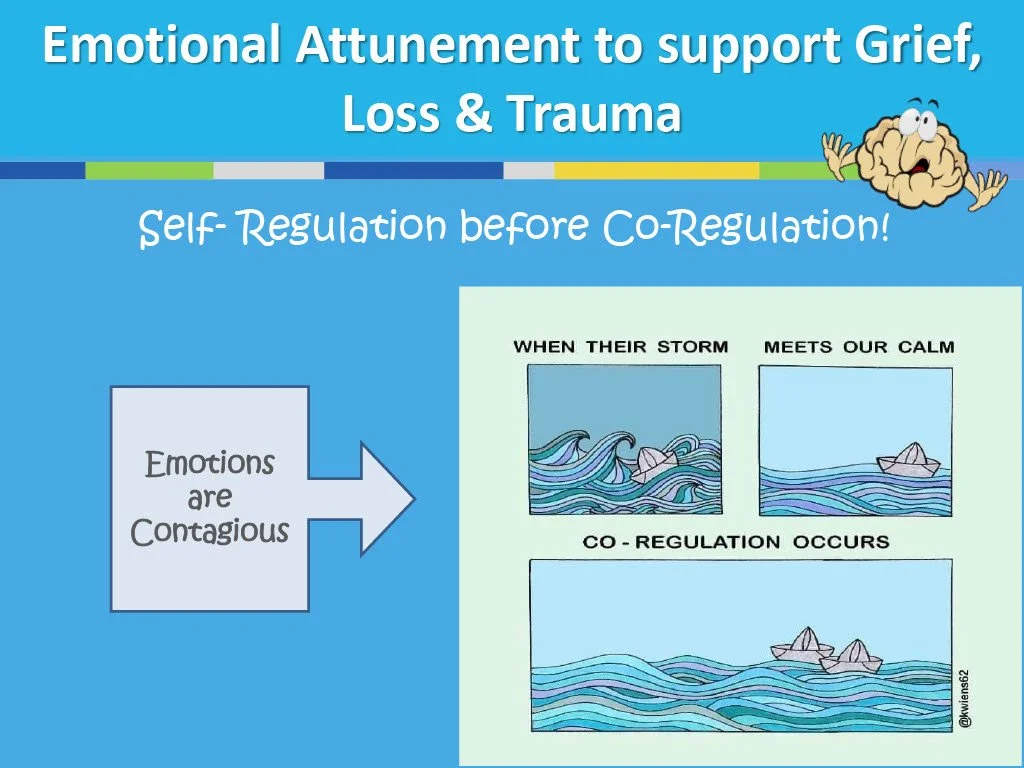Loss and Longing with Allison Davis Maxon - April 2024
Access to the recording of this Education Session will be available until May 30th. Please contact hello@nevertoolatentl.ca if you would like to request access or for more information about our Education Sessions.
Summary
Loss is a universal experience for young people who come into the child welfare system, it is at the center of the Seven Core Issues. As Humans, it is important to understand how loss impacts attachment, behaviours, and internal working models and learn how to support our Lived Experts in acknowledging and processing loss.
Soundbites and Takeaways we Loved!
“When you do something ‘for me’, without me, you’re doing something ‘to me’.” – Quote from www.ur-resilient.org. Any time there is training being done and we are not pulling in lived expertise, we are doing a disservice to [the Lived Expert] community.
All members of the constellation experience the Seven Core Issues (including Lived Experts, Humans, original family members, extended kin, siblings and cousins, foster caregivers, etc.)
Losses unfold across the lifespan. Minimizing losses, no matter how small or how long ago they happened, can wreak havoc on our emotional interiors and affect our ability to be in a relationship.
It’s important for Humans to know and understand their own emotional interior and attachment experiences.
Many young people blame themselves for their losses, which can create a shame-based and negative internal working model.
When grief gets stuck it can manifest as rage, anger, bitterness, vengefulness, etc. This is a great tip for the lens of behaviour as communication, and for decoding behaviour.
Practice decoding and interpreting the impacts of loss (including behaviours), for yourself and for your Lived Expert(s). Lead with curiosity.
Four S’s that help us ground ourselves in what Live Experts need from us: It is important for Lived Experts to feel Seen, Secure, Safe and Soothed.
Love is not attachment; they are not the same thing. Attachment is a human need, and early attachment experiences have a profound impact on how we perceive ourselves, others, and the world.
We have to make space for grief. One way to do this is to create rituals for grief.
Relational trauma requires relational healing. Alison spoke about not “doing pain alone”.
Less talking! More listening and attuning!
Poem (shared during session): ‘List of Things to Heal Your Mood:’ from Home Body by Rupi Kaur, page 35
list of things to heal your mood:
1) cry it. walk it. write it. scream it. dance it out of your body.
2) if after all that you are still spiraling out of control ask yourself if sinking into the mud is worth it
3) the answer is no
4) the answer is breathe
5) sip tea and feel your nervous system settle
6) you are the hero of your life
7) this feeling doesn’t have power over you
8) the universe has prepared you to handle this
9) no matter how dark it gets the light is always on its way
10) you are the light
11) walk yourself back to where the love lives
Actionable Ideas & Activities
Use the Body, Heart & Mind graphic below and journal or reflect on the questions posed.
Use the Loss graphic below and reflect on how losses show up in your mind, heart and body.
Create a “Losses Jar” with your Lived Expert, see the My Losses Jar graphic below. This helps to acknowledge losses and provides a visual cue of losses being seen and held.
Watch a reading of Tear Soup: A Recipe for Healing After Loss
Explore ideas for processing anger/rage in physical ways; ex. trying a smash/rage room, using a pinata, or hitting a bed/couch with a pillow.
